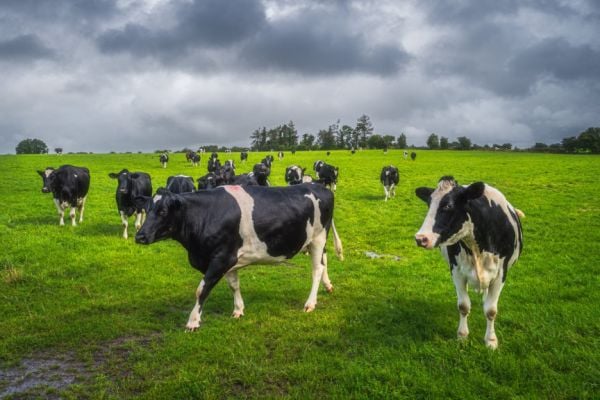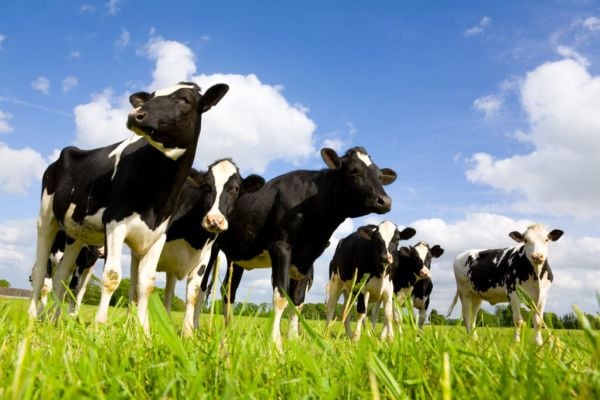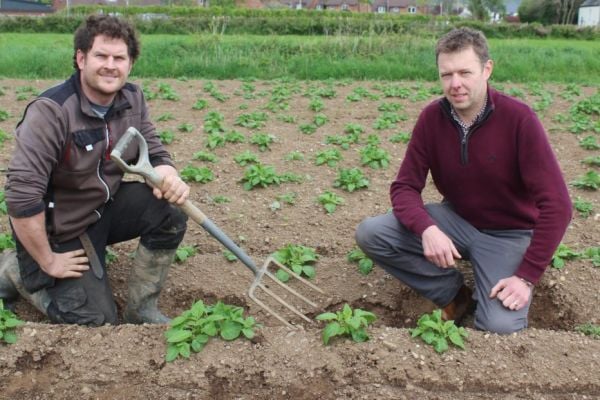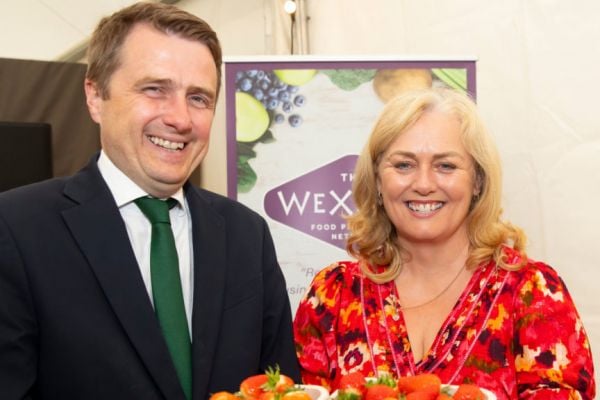According to the latest study, meat consumption in western countries like Ireland must drop by 90% in order to avoid further harm to the environment in addition to fighting obesity levels.
The report from the Lancet Medical Journal suggests that the current global food system is unsustainable, with food production being the largest cause of global environmental change.
Agriculture occupies about 40% of global land, and food production is responsible for up to 30% of global greenhouse-gas emissions and 70% of freshwater use.
In order to limit this damage, the study recommends a radical restructuring of the western diets, strongly transitioning to plant-based alternatives.
Reference Diet
Transformation to healthy diets by 2050 will require substantial dietary shifts, it said, including a greater than 50% reduction in global consumption of unhealthy foods, such as red meat and sugar, and a greater than 100% increase in consumption of healthy foods, such as nuts, fruits, vegetables, and legumes.
However, the changes needed differ greatly by region, it added.
For western countries, the study’s recommended ‘reference diet’ would see the average consumption of beef, lamb and pork be limited to just 7g a day - less than one meatball.
Chicken consumption would have to fall to 29g a day, while dairy consumption would stop at a single glass of milk, 250ml, or even less, it said, if you have butter or cheese.
In order to meet the reference diet, the study recommends massively increasing our consumption of nuts, up to 75g per day, soy foods, up to 50g per day, and lentils, up to 100g per day.
'Meat Tax'
Transformation to healthy diets from sustainable food systems, the report claims, is necessary to achieve the UN Sustainable Development Goals and the Paris Agreement.
In order to encourage its reference diet, the study has suggested the implementation of a tax on meat products and production.
‘We believe that food prices should fully reflect the true costs of food […] and environmental and societal health costs of food supply and consumption should be fully reflected in pricing by introducing taxes,’ the report read.
‘As a result, food prices might increase. Therefore, where appropriate, social protection or safety nets can be established to protect vulnerable populations, particularly children and women, while keeping trade open.’
Irish Beef
The report comes in the same week as when Taoiseach Leo Varadkar said he would be cutting back on red meat to reduce his carbon footprint as well as for health reasons.
His claim resonated poorly with his rurally-based colleagues and farmers across the country.
For Ireland, the food and drink industry is worth approximately €12 billion, and this is heavily contributed to by beef and dairy production.
Beef alone brings in €2.5 billion annually to the Irish economy.
© 2019 Checkout – your source for the latest Irish retail news. Article by Aidan O’Sullivan. Click subscribe to sign up for the Checkout print edition.









